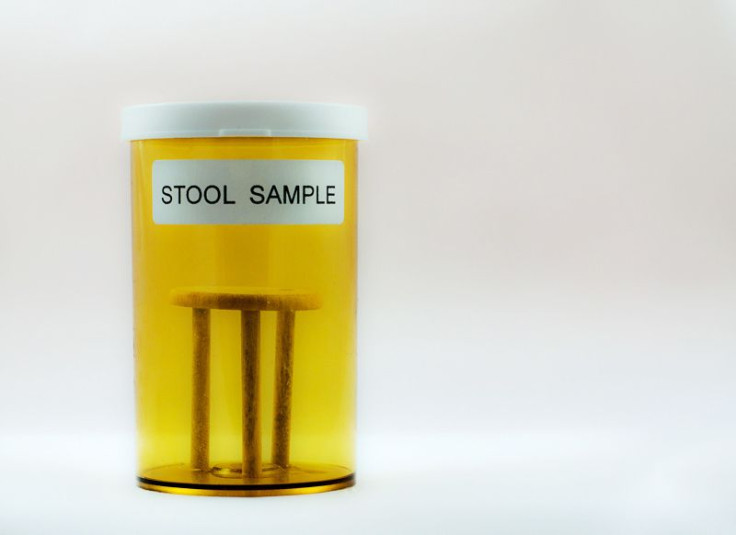Woman Experiences Rapid Weight Gain After Fecal Transplant From Overweight Donor

Overweight blood, semen, and organ donors are not prohibited from donating due to their weight, but should weight factor into fecal donations until we have a better understanding of the role gut bacteria play in our metabolism? A case report published in the new journal Open Forum Infectious Diseases features a woman with no history of being overweight who quickly became obese after receiving a fecal microbiota transplant from an overweight donor to treat a recurrent Clostridium difficile infection.
Fecal Microbiota Transplant is a procedure in which doctors use stool that is collected from a tested donor and mixed with saline or a different solution before it is strained and placed in a patient via colonoscopy, endoscopy, sigmoidoscopy, or enema. This procedure is generally used to replace good bacteria that has been killed or suppressed, which results in bad bacteria, like C. difficile, over-populating the colon. The Centers for Disease Control and Prevention has linked 14,000 deaths each year to diarrhea caused by C. difficile.
“We’re questioning whether there was something in the fecal transplant, whether some of those ‘good’ bacteria we transferred may have had an impact on her metabolism in a negative way,” Dr. Colleen R. Kelly, from the Warren Alpert Medical School of Brown University, said in a statement.
Kelly and her colleague Dr. Neha Alang from Newport Hospital in Rhode Island chronical the woman’s drastic weight gain over the course of 16 months. She underwent the fecal transplant in 2011 at the age of 32, weighing 136 pounds, with a Body Mass Index (BMI) of 32. Doctors transplanted stool from an overweight but otherwise healthy teenage donor via a colonoscopy to cure the woman’s C. difficile infection by restoring a healthy balance of bacteria in her gut.
The woman went on to gain 34 pounds in the next 16 months, bringing her weight to 170 pounds and her BMI to 33. She continued to gain weight even after her doctors prescribed a liquid protein diet and an exercise program. At the time of the research team’s case report, three years after the transplant, the woman weighed 177 pounds with a BMI of 34.5. No amount of dieting or exercise has been effective in quelling her ongoing weight gain.
“Careful study of FMT will advance knowledge about safe manipulation of the gut microbiota,” they wrote. “Ultimately, of course, it is hoped that FMT studies will lead to identification of defined mixtures of beneficial bacteria that can be cultured, manufactured, and administered to improve human health.”
The Food and Drug Administration (FDA) announced that it was classifying fecal matter as an Investigational New Drug (IND) and a Biologic back in spring of 2013. This meant only doctors currently in possession of an approved IND application (less than 20 physicians in the U.S.) would be allowed to perform fecal transplant. Following criticism from both doctors and patients, the FDA reversed its decision on June 17, 2013 announcing that all qualified doctors would be able to perform fecal transplants as long as they have signed consent from patients and tested donor stool.
Source: Kelly C, Alang N. Weight Gain After Fecal Microbiota Transplantation. Open Forum Infectious Diseases. 2015.



























